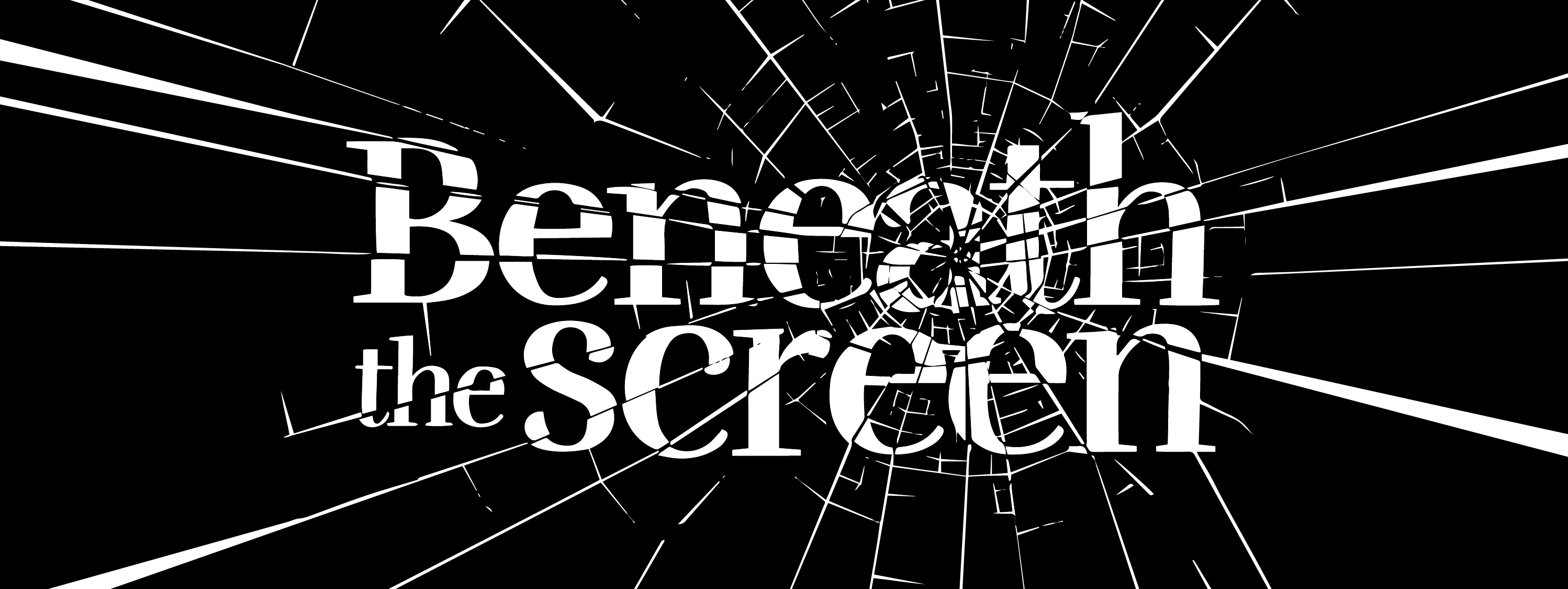HOW MUCH IS TOO MUCH?
Have you ever sat down with your laptop to do something and found yourself three hours later in a daze on YouTube? It’s what we do now instead of daydreaming; who’d bother watching clouds race across the sky when you could be watching a cat in a Manchester United shirt eating a banana. It’s all too easy to waste your time like this but at what stage does it become a problem? The Nightingale Hospital in London now runs a Technology Addiction programme for people whose lives are being adversely affected by computer usage. They’ve dealt with patients from the age of 10 and are currently working with schools with concerns about pupils as young as eight. It’s not hard to see how this could happen. We’re probably all guilty of using technology as a pacifier – just give children an iPad and it’ll keep them quiet for an hour. The problems start when it keeps them too quiet. The British Heart Foundation recently warned that only one in ten toddlers is now active enough to be healthy and most two-year olds don’t even manage one hour of real activity a day. As children get older it becomes difficult to wean them away from their screens, and even more difficult to decide when you absolutely need to take action. There are some signs you need to be aware of. Has your child lost interest in other activities, especially the fun ones? Will they refuse a trip to the park or the zoo so they can stay in their rooms gaming? Are they constantly talking about online activity, or distracted by their phones or tablets? Has the amount of time they spend on their devices increased and are they evasive or argumentative when you bring the subject up? Are they very anxious and irritable when they can’t get online? If the answer to these questions is yes, then there are steps you can take to help. Firstly, why not establish gadget free times and zones. The bedroom would be a good start, particularly since screen glare makes it so difficult to sleep. Meals would be another time when we should encourage everyone, including adults, to put away their phones and just, you know, talk to each other. Gaming should be an earned privilege, not an automatic right, and only granted when other responsibilities have been taken care of. And try not to give in to demands to buy the newest, shiniest bit of kit on the market. Free speech is a human right, owning an iPhone X isn’t. We’re never going to get our children to revert to some fantasy idyllic childhood from the past. We need to be realistic; they’re not going to throw away their iPads and set off on a raft to have adventures or anything. But we can give their young minds a bit of breathing space away from the constant distractions of technology.
Darren Ruddell and Seamus Hilley
Before they became a writing team, Darren Ruddell and Seamus Hilley individually won the prestigious Laughing Horse stand-up comedy (Darren), and The Channel Four sitcom competition (Seamus). Since joining forces they have had a short film produced by Channel Four and had a number of scripts optioned by Talkback and CPL Productions. Their innovative work for Serious Comedy has brought them commissions from numerous organisations, everyone from Lewisham Council to Virgin Media and school children all over the country have grown to love their funny, irreverent take on topics ranging from scooter safety to ecological education. They are based in London.


